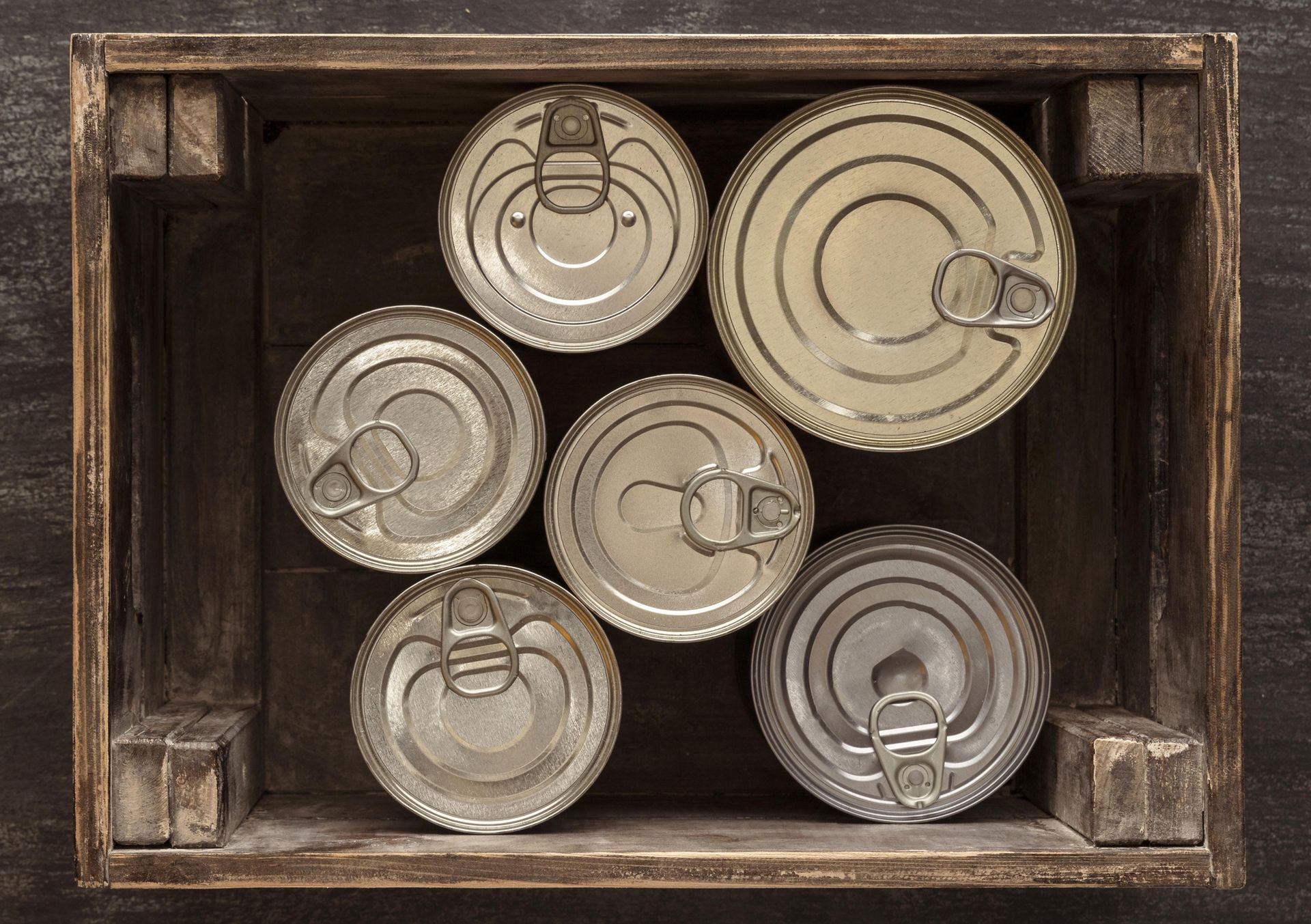Canning is one of the ancient and important techniques in the history of human industries, which has had profound effects on the growth of business and social life for a long time. The history of canning dates back to ancient times, and since the late 18th and early 19th centuries, it has been recognized as one of the great advances in food preservation and storage.
Cans were originally used to carry and store food. In past centuries, people used them to store products such as fish, meat, soap and even chemicals. But industrial innovations in the 19th century, especially after the inventions of inventors such as Peter Doherty and Thomas Cunningham, helped to develop canning technologies and greatly accelerated the production of this industry.

In the following decades, with the advancement of technology and changes in the needs of society, the applications of canning expanded. This device became a symbol of modernity and convenience in everyday life. Cans were used as standard packaging in various industries and gradually entered new fields such as the pharmaceutical industry, agriculture, and even the space industry.
Today, as technology advances and new packaging alternatives emerge, such as plastic, paper, and glass, the use of cans has declined. However, the historical and important effects and applications that canning has had in human life indicate the cultural and economic importance of this industry over time.